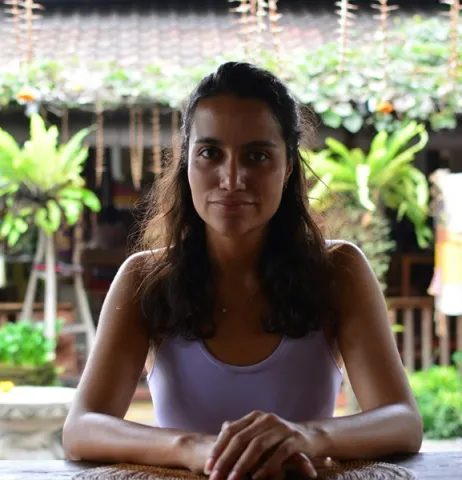About the project
Our aim is to develop the next generation of integrated photonics materials that will offer low optical losses over various wavelength windows spanning from the ultraviolet (UV ~400nm) to the visible (VIS~900nm) regime. These materials will enable the realisation of photonic integrated circuits that will underpin emerging industrial applications in quantum photonics, metrology, spectroscopy, sensing, healthcare, and display technologies.
To achieve this aim, we are looking for a committed candidate that will join our team to help us identify the best material for broadband transparency in the UV-VIS wavelength range and to establish the fabrication processes that will be required to realise passive photonic integrated circuits that will be then incorporated into larger photonic systems.
As part of your project, you will explore a variety of materials with potential for UV-VIS operation and you will build upon demonstrated fabrication techniques to optimise their properties to achieve low propagation losses at the target wavelengths. Your role will also include the design of passive photonic integrated circuits (waveguides, optical coupler, demultiplexers) that will allow testing the performance of the materials with the aim of creating a component library that will enable the development of more complex photonic systems. You will optimise the processes required for the fabrication of the devices and, finally, you will characterise the optical properties fabricated devices.
During your PhD, you will become a member of the Group IV Photonics group at the Zepler Institute from the University of Southampton. As part of the team, you will work closely with a team of enthusiastic researchers with strong track record in the development of silicon photonic integrated devices/systems and you will develop a solid knowledge and practical skills in both semiconductor compatible materials and photonics.
The research will be carried out in the Zepler Institute, which is the leading photonics and nanoelectronics research institute in the UK. It comprises modern cleanrooms for optical fibre, planar photonics, silicon, and bio-photonics fabrication and over 80 laboratories. Computer simulations will benefit from Southampton’s high performance computing cluster Iridis, one of the largest supercomputers in the UK.

